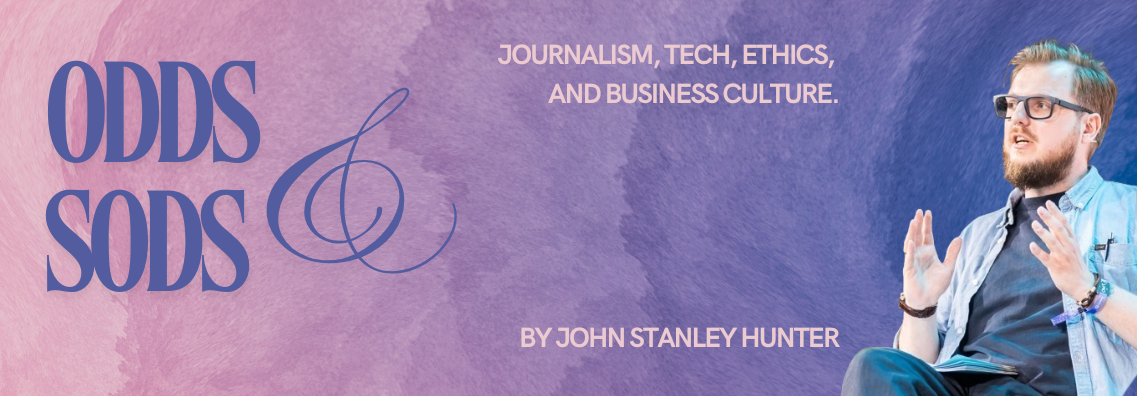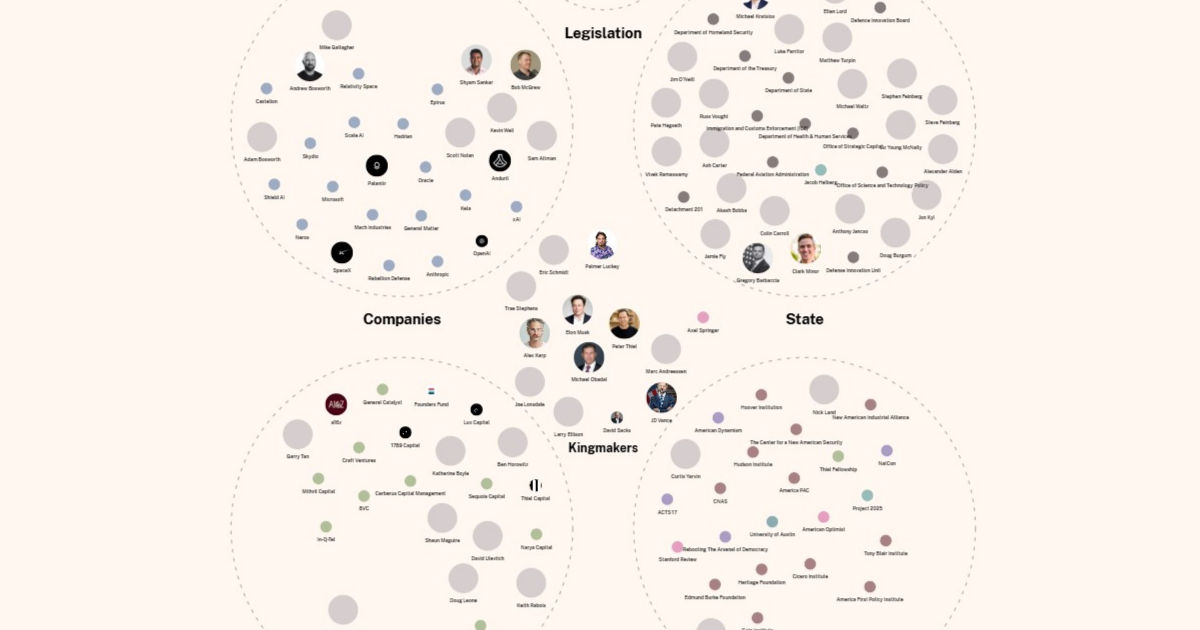Michael Caine’s Last, Worst Performance

Two actors – Matthew McConaughey and Sir Michael Caine – have sold their voices, quite literally, to a machine. Profiteer is a company called ElevenLabs that allows corporations to rent the echo of once-living voices for whatever marketing purposes best suit their needs. The firm already offers synthetic versions of Judy Garland and Maya Angelou, resurrected for “approved projects,” the most ghoulish cabaret of our time. McConaughey’s participation in this circus was predictable – his every utterance a kind of Texan TED Talk about “connection” and “humanity,” spoken in a tone of moist-eyed self-congratulation. But Michael Caine? Caine was supposed to be made of sterner stuff: the weary humanity of Alfie, the moral tension of The Ipcress File, the bruised dignity of The Cider House Rules. Now, he lends that same voice to a metaphysical pawnshop. The marketing rhetoric is always the same: “amplifying voices,” “extending storytelling,” “connecting humanity.” All very marvellous words that conceal a much uglier transaction. What is being sold is not storytelling’s expansion but its extinction.

The notion that you can “extend” human expression by mechanising it belongs in the theology of Silicon Valley: a place where death, taste, and originality are seen as design flaws awaiting correction. The marketplace for dead voices promises immortality, but only in the ghastly form of a ventriloquist’s dummy mouthing lines in perpetuity for the profit of men who think “art” is just another content vertical. This is not the democratisation of art; it is its digitisation, its embalming. Culture is not extended by replication any more than life is extended by taxidermy. To hear a machine “speak” in Caine’s voice will not move us; it will merely remind us that movement itself has become unnecessary, that feeling has been replaced by simulation. When Steve Coogan and Rob Brydon imitate Caine in The Trip, it is human wit — play, parody, the fine and conscious act of imitation. When an AI does it, it is necrophilia with a marketing budget. We were told technology would liberate the imagination. Instead, it has put it on subscription. ElevenLabs’ “ethical sourcing” of digital souls recalls that exquisite Orwellian knack for inverting meaning: it is ethical in the same sense that grave-robbing becomes “heritage preservation” if you file the proper paperwork. Caine says he is “helping others find their voice.” One wishes he had considered the irony of losing his own in the process. The death of culture will not come in a bang but as a slow, colourless diminishment— a world of endlessly generated podcasts, narrations, advertisements, all delivered in the comforting cadence of our favourite ghost-voices. The future Caine imagines will feature his tones guiding you through your insurance policies and lifestyle apps. What was once art will soon be middleware. Shakespeare’s actors feared being forgotten; ours fear being silent. How fitting, then, that the last profession to believe in humanity’s spark has volunteered to extinguish it.
→ How Tech Billionaires Are Building a Post-Democratic America — And Why Europe Is Next
If you find the general theme of my takes interesting, here is some data to support it. Please take a minute to scroll through this: "Silicon Valley’s Authoritarian Tech Right is not theorising this world. They are already building it. The pipelines are operational. The feedback loops are functioning. The sovereignty transfers are completing."


Here are a few things I’ve been reading lately — not all of which I’d sign my name to, but each provocative enough to merit the time it takes to disagree with them.

"Fascism and AI, whether or not they have the same goals, they sure are working to accelerate one another."
•

There are new lawsuits against OpenAI, equally sad and worrying. One of the people suing lost her husband after he overused ChatGPT. He went through two severe mental health crises and did not survive the latter.
•

"The rates of error for people of colour have typically been attributed to a lack of training set data, and the solution often offered is more equitable inclusion and expansion. However, this simplistic solution ignores the longer history of racialization and its relationship to technology."
You've reached the end. Thank you for reading!






